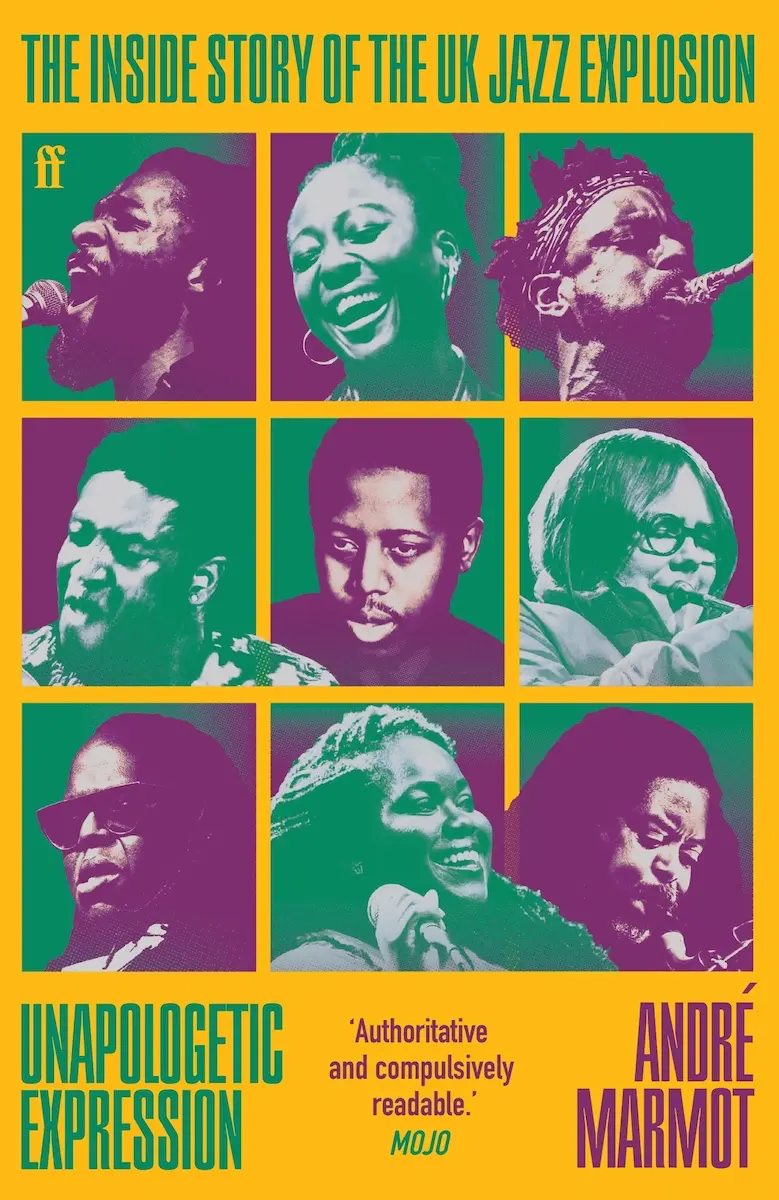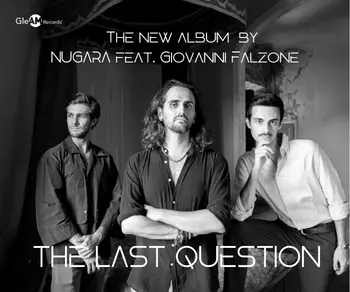
For a geezer of my vintage the great and most fruitful UK jazz explosion occurred in the late 60s-early 70s, fuelled by South African expats and musicians from the West Country and then, somewhat in contrast, there was the 1980s flowering of neo-hard-bop led by the likes of Courtney Pine.
Even way back then (and long before) jazz was often diluted or enriched (depending on your taste, prejudice or point of view) by other, more popular and commercially successful genres. Marmot’s book examines the development of the influence on jazz of contemporary urban genres, such as rap and grime. He makes a good case that many (perhaps a majority of) acts in these genres have some form of jazz deeply ingrained in their genetic code.
Over the decades I’ve read many accounts of the roots and development of jazz, including Marshall Stearns’ 1956 classic The Story Of Jazz, but Marmot has a fresh perspective, shining a clarifying light on aspects of its early history as well as current developments – for example, his comments on the Louisiana Purchase of 1803 and its consequences in the context of the racial, cultural and commercial composition of New Orleans and much beyond: most of us probably know the outlines but Marmot adopts a somewhat different slant which is echoed in passages on the development of urban pop music in the cities of North America and Britain. Liberally sprinkled throughout the text are quotes from people involved with the scene and these provide useful illustrations to complement Marmot’s main narrative.
Perfectly reasonably in my view, he adopts a strong socio-political approach to his subject. By coincidence I was reading the chapter titled “Wake (For Grenfell)” the day before the demolition of the remains of Grenfell Tower began, an event which many regard as an insult to the victims of the fire. (It’s something I feel strongly about as my ancestral roots are in the North Kensington area – my father and his siblings were born and grew up just a couple of hundred yards from where Grenfell would later stand, in an area that was in his time a street of slum houses, and where I would later rent a dismal bedsit.) Gathering views and information on issues such as racism, deprivation, gender politics and social attitudes, Marmot lucidly pictures how these elements play a part in moulding current approaches to jazz.
I’m one of those people (probably mainly geezers of the aforementioned vintage) who, after looking up and down the list of acts playing at a jazz festival, ask “Where’s the jazz?!” I doubt that this book, impressive though it is, will convert me to fandom of the music it celebrates, but it has certainly prompted me to investigate the genres further and try to understand them better. Marmot (who is a label owner, agent and musician specialising in the common ground between jazz, African music and electronic music) has produced an absorbing and illuminating study which will be something of an eye-opener for many readers, as it was for me.
Unapologetic Expression: The Inside Story Of The UK Jazz Explosion by André Marmot. Faber, hb, 376 pages plus notes, bibliography, selected discography and playlist, acknowledgments, list of interviews and index. £25.00. ISBN 978-0-571-374448-9



